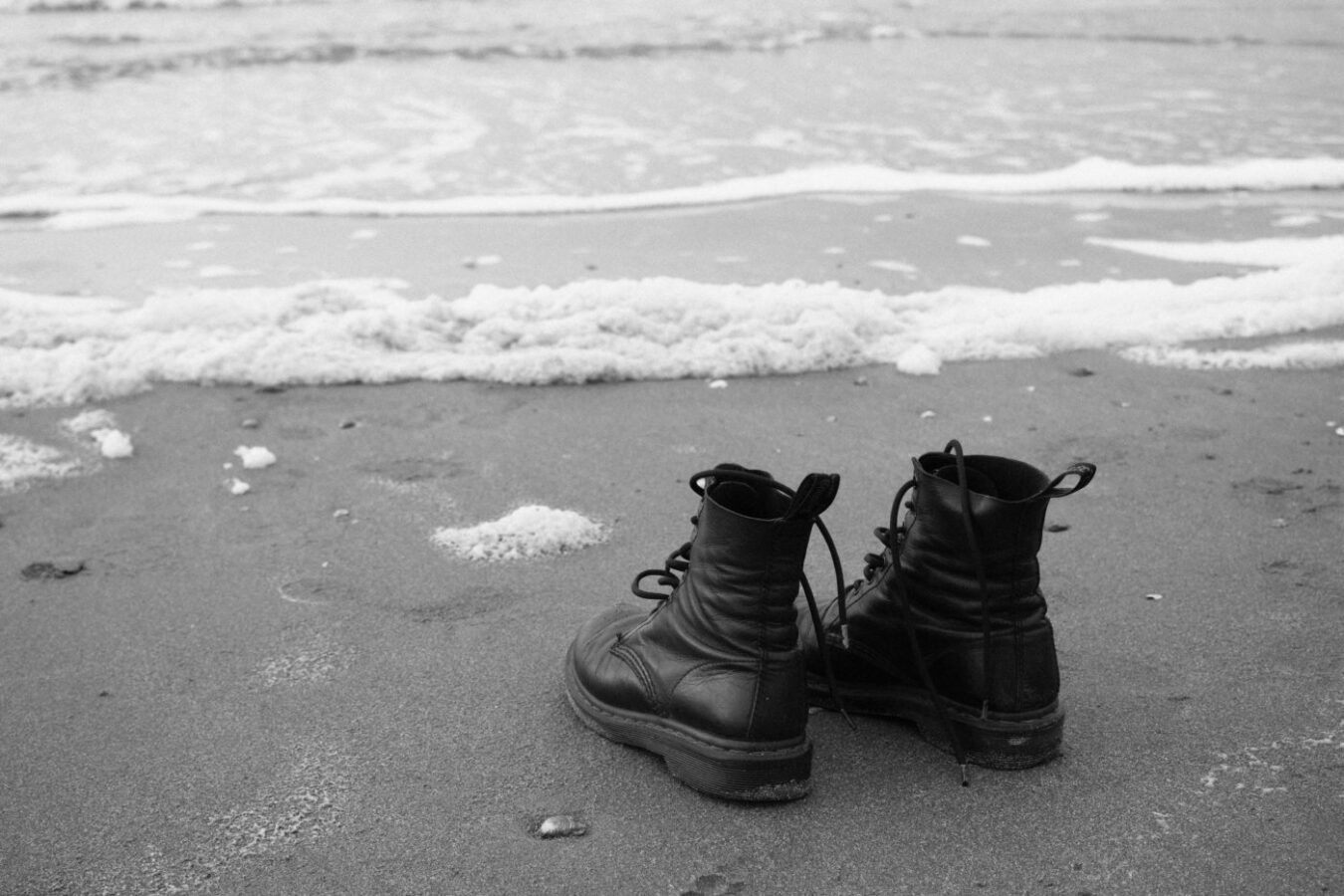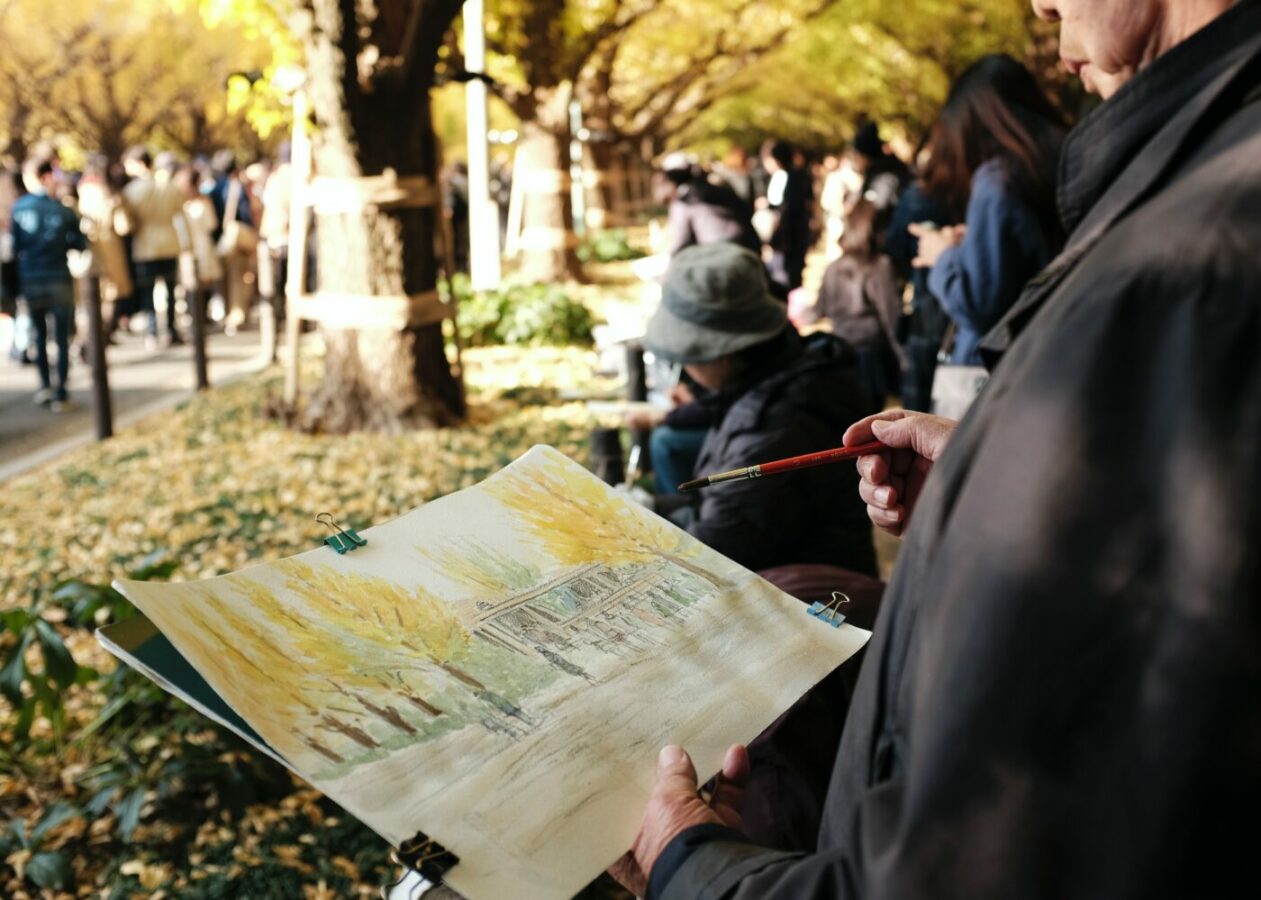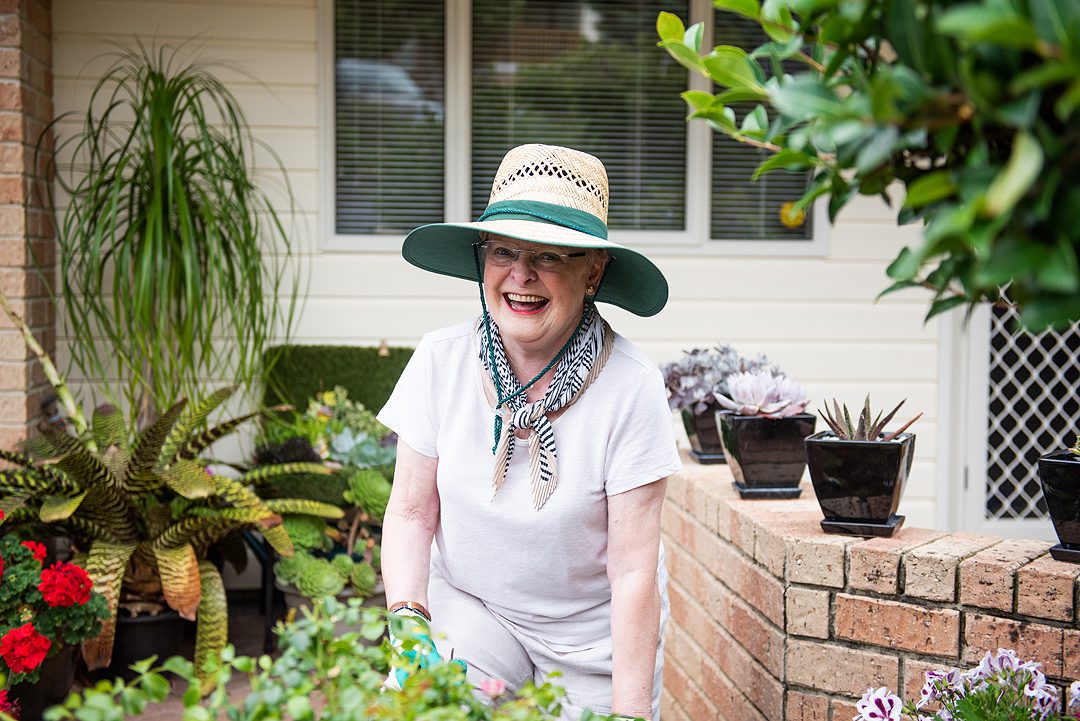Art is often considered intrinsic to human expression. It is a vessel for emotion and…

How to Move on After Loss – Without forgetting your loved one
There’s nothing more painful than losing a partner or spouse in retirement. But unfortunately, there are many who experience this, and sometimes it can happen far earlier than what we expect.
So if you have had to recently say goodbye to someone you dearly loved, or are still going through the emotions of grief many years later – we hope there are a few things below that can help.
Be kind to yourself
Grief is extremely personal and there is no journey that is the same. There are plenty of emotions to feel – from anger to frustration, guilt, fear, shock and even many physical symptoms, like fatigue, nausea and aches and pains.
It’s important to speak to yourself as you would anyone else going through a bereavement, be kind, understanding and patient. Know that any feelings are okay, and they may change very regularly.
Reach out for support
While talking to someone might be the last thing you feel like doing, spending time with family or friends can bring comfort, so try not to distance yourself from others. Even just stopping by for a cuppa can be good for the soul.
If you’re feeling particularly frustrated and like no one can truly understand what you are going through, you could join a grief support group or make an appointment with a counsellor who could provide some practical steps for processing some of your grief.
Find small moments of joy
After a big loss, it can be extremely difficult to fill the void someone has left behind. And while you may struggle to find a lot of happiness in the day-to-day, look to focus on the smaller things to bring you joy.
Watch a favourite TV programme, go to a show, play with a grandchild, indulge in a hobby or read a favourite book. Remember that you are allowed to be happy, and your loved one would want the same for you.
Make time to move and breathe deeply
Getting out and about, even for a solitary walk, is important. Moving our body helps to release endorphins, and gets all those other chemicals moving too. We all need fresh air daily, and you may find it helps quite a bit with fatigue and other physical symptoms.
When you are outside, try to find peace in your surroundings – listen to the birds and see how the sun (or rain) feels on your skin – and don’t forget to breathe deeply. It can help to slow down a racing mind.
Give to others
Some people find comfort by throwing themselves into a charitable cause, where they can make a difference in the lives of others. There’s no doubt it’s a rewarding use of our time, and will likely provide a feeling of fulfilment and achievement. And in most cases, it’s a very useful distraction.
You could choose something that your partner was particularly fond of, or join a community organisation that is close to your own heart.
Keep their memory alive
From erecting a park bench in a favourite spot, to a sporting award or charity, you could also invest in a memorial that will help you continue their legacy to celebrate their life.
A lot of people worry that when a loved one dies, they will be forgotten by the world. By creating a physical monument or sponsoring an occasion where they are mentioned by name will allow you to ensure they continue to be remembered long after they have passed.
Grief is painful. Take your time and reach out for support – there are always people who can help.
Where to find help/further resources:
Coping with grief and loss – HealthEd
Grief and loss – Mental Health Foundation
Counselling – Skylight Trust
Grief and Loss Support – The Grief Centre
If you would like to hear more or are looking for advice, we’d love to get in touch.



